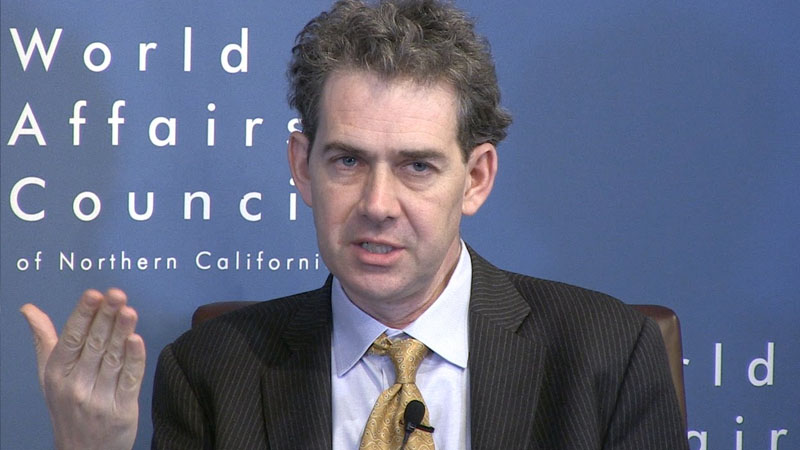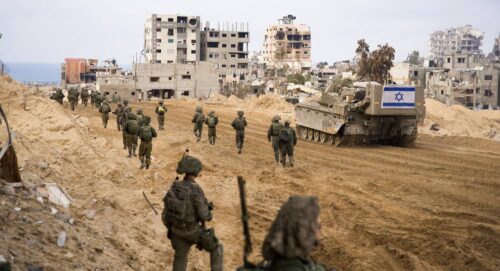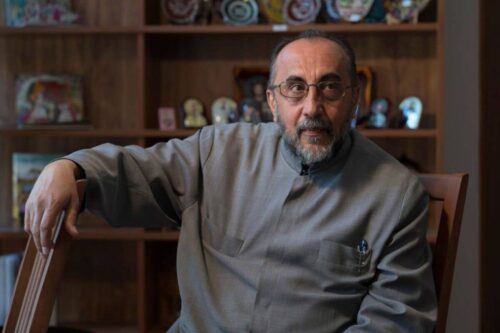
Armenia and Azerbaijan: A fragile peace process: Perspectives and details in Thomas de Waal’s article
One year after Azerbaijan captured Nagorno-Karabakh, forcing the expulsion of the entire Armenian population, Baku still holds almost all the cards in its dealings with Yerevan, Thomas de Waal, a senior fellow at Carnegie Endowment said. According to him, the long and tragic story of Karabakh leaves many open wounds. However, The question remains whether Armenia and Azerbaijan can normalize relations after so much bitterness. Baku has paid little to no price for its military action and has been granted the honor of hosting dozens of countries at the COP-29 climate conference in November.
Azerbaijan’s President Ilham Aliyev remains the key arbiter and decisionmaker. He seems to be in no hurry and to be playing for time. He has not softened his rhetoric toward Armenians, and continues to repeat claims that Armenia is in fact “western Azerbaijan.”
For Armenians, the end of Nagorno-Karabakh was a humanitarian disaster, as 100,000 people lost their homes. Yet it received less attention internationally than it should have, because of Russia’s war on Ukraine and the Israel-Gaza war which erupted shortly afterward. The world moved on to other issues fairly quickly.
“Even Armenian Prime Minister Nikol Pashinyan is barely raising the Karabakh issue. He makes it clear that his number one priority is reaching an agreement that normalizes relations with Azerbaijan and Turkey. His calculation is that the Republic of Armenia will not be able to survive and free itself of a dangerous over-dependence on Russia unless it prioritizes “real” over “historical” Armenia. He has therefore made a series of concessions to Azerbaijan in the last year in order to secure a deal,” de Waal wrote.
According to the analyst’s prediction, over the next few months Aliyev will wait to see how the COP summit goes in Baku, what is the outcome of the U.S. election, and what he can expect from Russia, Turkey, and the EU.
In the last few months, Aliyev has raised a new issue, demanding that Armenia change its constitution. Whatever the merits of this claim, it will be very hard for any Armenian leader to deliver a constitutional referendum that is seen to be dictated by Azerbaijan.
International diplomacy is also quite muted. The analysis also noted that there are some serious issues of concern as to how sustainable the agreement being negotiated is.
Some of the most important issues have been stripped out and postponed for later discussion. In particular, the all-important question of connectivity and the modalities of the so-called “Zangezur corridor” is.
More broadly, it is hard to call this document a peace agreement when there is so little societal involvement and almost no effort to deal with the traumas and historical distortions.
Disturbingly, in August the Azerbaijani authorities arrested Bahruz Samadov, an Azerbaijani PhD student based in Prague, who had been active in dialogue projects with Armenians and criticized his government’s authoritarian practices.
Moreover, Russia still has its agenda. In August Vladimir Putin made his first state visit to Baku in six years, underlying the importance of Azerbaijan for Russia’s North-South connectivity plans. Those plans are closely tied to the geography of an Armenia-Azerbaijan agreement. Putin has not given up on the objective of Russian security forces controlling the corridor, and Azerbaijan has thus far publicly not opposed this.
Even if European countries are not at the Armenia-Azerbaijan negotiating table, they will have a key role in making any agreement work on the ground.
For many years, a flaw in Western strategy was neglecting or compartmentalizing the Armenia-Azerbaijan conflict, leaving it to a small group of diplomats.
COP could be an occasion to pursue the peace agenda.
Without a proactive policy by Western actors to deter more violence and incentivize the parties to reach a deal, the unresolved conflict is all too likely to return with a vengeance in the future.


